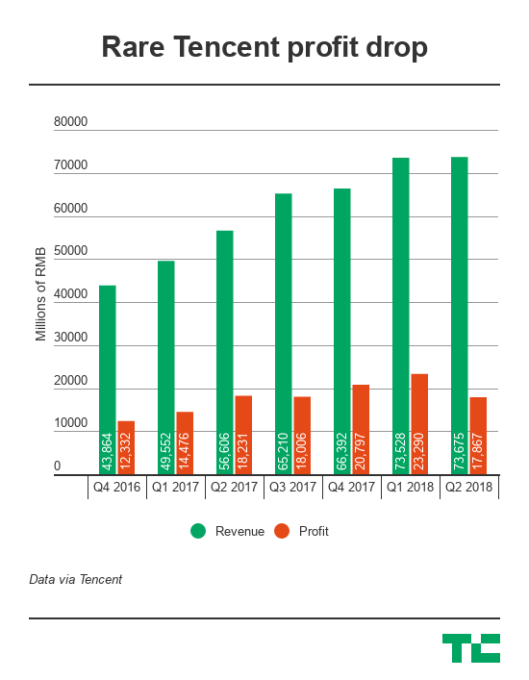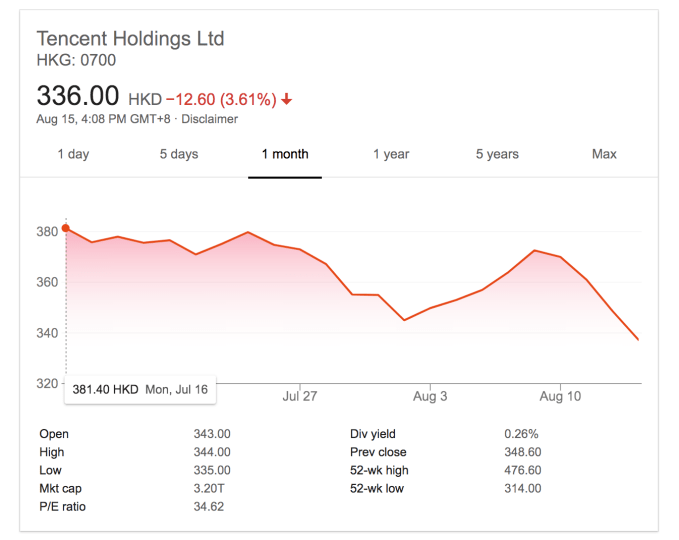Tencent had an unexpected miss this week, but Chinese rival Alibaba experienced no such issue today as it beat analyst expectation after clocking 61 percent annual revenue growth.
The Chinese e-commerce giant reported total sales of 80.92 billion RMB ($12.2 billion) for its Q1 2019, fractionally beating Bloomberg’s estimate of 80.88 billion RMB. The firm record a net profit of 8.7 billion RMB ($1.3 billion) for the period, down 41 percent.
Diluted earnings per share of 3.30 RMB was down 42 percent annually but still ahead of Bloomberg’s project of 2.57 RMB. The market has taken that as good news and shares are trading up three percent in the pre-market.
Alibaba’s core e-commerce business is its most lucrative and revenue in Q1 rose 61 percent annually to hit 69.2 billion RMB ($10.5 billion), while growth for it cloud computing business continues to impressive albeit at a slowing rate as the unit grows up. Alibaba Cloud recorded total sales of 4.7 billion RMB ($710 million) but a year-on-year growth rate of 93 percent is down slightly on 103 percent in the previous quarter.
Also in the last quarter, Alibaba took up an option to acquire one-third of Ant Financial, its financial services business that’s tipped to go public as soon as next year. The deal hasn’t closed yet, but when it does it will mean an end to “royalty and technology service fees” that Alibaba had earned from a previous agreement with Ant. Ant is valued at over $100 billion and some analyst estimates that the quarterly fees paid to Alibaba were in the region of one billion RMB, or roughly $160 million.
Looking at customer numbers, Alibaba said its active customer base in China grew to 576 million — an increase of 100 million per year and 24 million on the last quarter — while monthly active users reached 634 million, up 20 percent year-on-year and three percent sequentially.
The company doesn’t give international user numbers, but it said e-commerce revenue from outside of China grew 64 percent to reach 4.3 billion RMB, or $652 million.
Beyond e-commerce, Alibaba confirmed media reports that it has combined its Koubei local services platform with its newly-acquired Ele.me business. The entity has raised over $3 billion in new financing from Alibaba, Softbank and others, Alibaba confirmed, as it continues to compete with Meituan — the on-demand platform that is preparing to go public in Hong Kong. There’s more on that story at the link below.






 and this will be GO-JEK’s first international operations outside of Indonesia.
and this will be GO-JEK’s first international operations outside of Indonesia. 